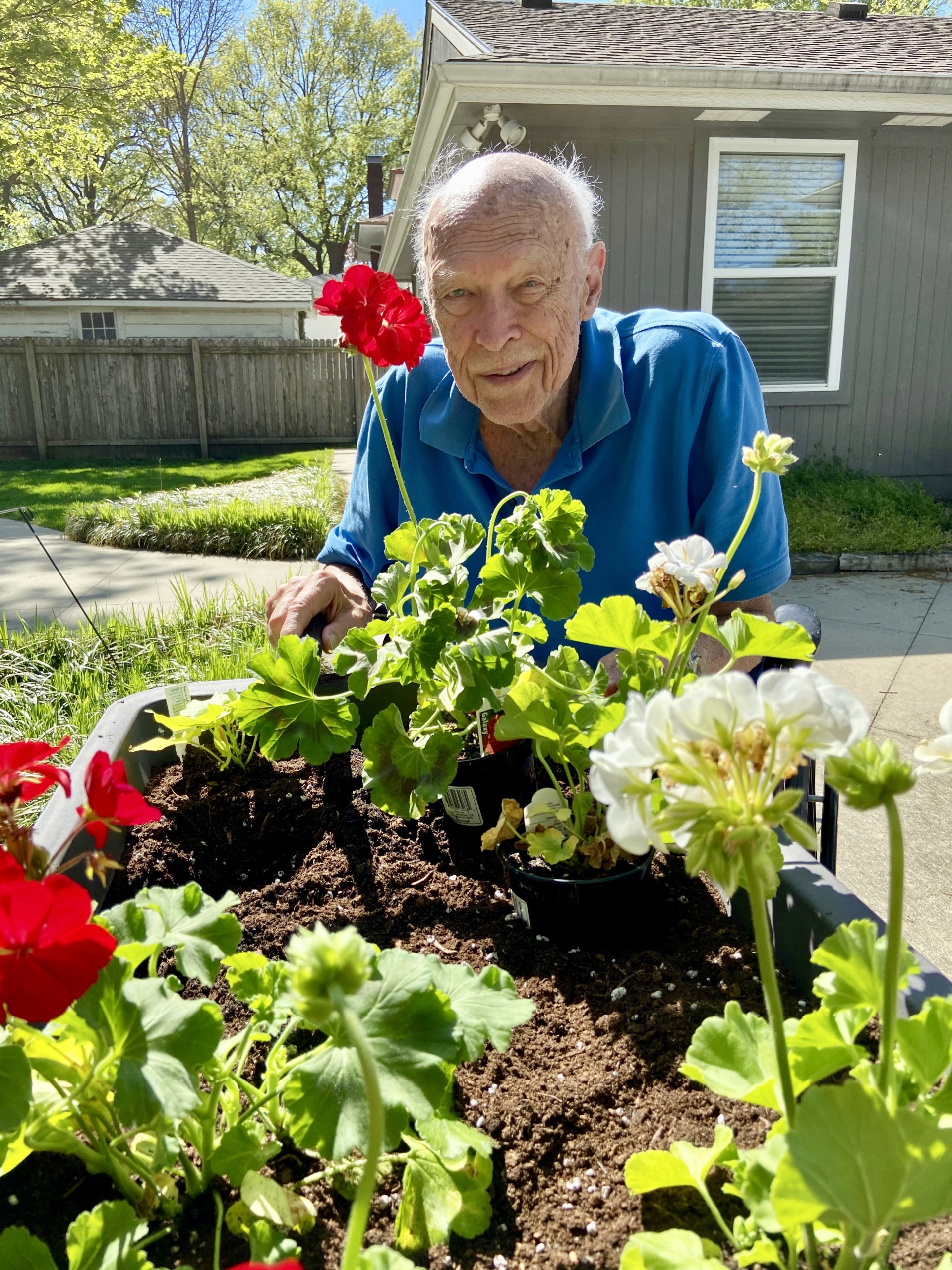Charlotte Memory Care: Safe and Secure Setting for Elders
Charlotte Memory Care: Safe and Secure Setting for Elders
Blog Article
Developing a Safe and Encouraging Setting: In-Home Memory Care Essentials
Developing a nurturing and safe and secure environment for people calling for in-home memory care is vital to their health and high quality of life. From making certain safety within the living room to utilizing effective communication strategies and executing memory-friendly layout aspects, there are important parts that add to a holistic care method. By concentrating on producing a helpful environment that deals with the distinct needs of those with memory impairments, caregivers can considerably boost the day-to-day experiences of their loved ones.

Safe Living Environment
When providing in-home memory care for individuals with cognitive problems,Creating a hazard-free and safe living environment is extremely important. Guaranteeing the safety and security of the individual with memory loss is vital to stop mishaps and advertise a feeling of wellness. One crucial aspect of developing a risk-free living setting is to remove any type of prospective risks that might lead to slips, trips, or falls. This includes securing loose rugs, making certain sufficient lighting in all locations of the home, and maintaining pathways free from mess.
In addition, it is essential to mount safety features such as grab bars in bathrooms and hand rails along staircases to offer support and avoid accidents. Furthermore, using technology such as activity sensors and alarm systems can inform caregivers if the individual wanders or remains in distress. Creating a secure living environment also involves carrying out methods to avoid roaming, such as utilizing door alarms or locks to restrict access to hazardous areas. By focusing on precaution and removing prospective risks, caretakers can give a safe and supportive setting for people with cognitive disabilities receiving at home memory care.
Reliable Interaction Techniques
Applying customized communication techniques is vital in promoting purposeful communications with individuals with cognitive impairments in the context of at home memory treatment. Effective communication plays a crucial duty in creating a helpful atmosphere that enhances the well-being and top quality of life for individuals with memory issues. When interacting with a person experiencing cognitive decline, it is important to utilize clear and basic language, preserve a tranquility and favorable tone, and offer visual hints to assist understanding.
One key strategy is to exercise active listening, showing compassion, patience, and regard during conversations. Non-verbal cues such as face expressions and body movement can likewise assist share understanding and assistance. Furthermore, using memory treatment by using or talking about previous experiences songs and art can touch right into long-lasting memories, boosting and triggering links interaction.
Furthermore, incorporating normal regimens and constant interaction patterns can supply a feeling of familiarity and safety and security for people with memory disabilities. By executing these interaction methods, caretakers can establish purposeful links and advertise a feeling of comfort and trust in the in-home memory care setup.
Memory-Friendly Style
Given the value sites of producing a helpful environment for people with memory problems through effective interaction methods, the consolidation of memory-friendly design aspects in the home ends up being necessary in maximizing their daily experiences and total well-being. Memory-friendly design concentrates on boosting safety and security, convenience, and self-reliance for individuals with cognitive impairments. Easy alterations can make a considerable distinction, such as utilizing contrasting shades to boost exposure and reduce complication, incorporating clear signs to aid navigating, and lessening clutter to avoid sensory overload.
Incorporating familiar aspects from the person's past, such as favored things or personal pictures, can stimulate positive her explanation memories and create a sense of familiarity. By integrating these memory-friendly layout aspects, caregivers can offer a risk-free and helpful living space that enables people with memory issues to maintain their independence and top quality of life. Charlotte Memory Care.
Daily Routine Planning
When establishing a daily regimen for individuals with memory concerns, cautious preparation is necessary to support their cognitive function and general well-being. Developing a structured routine can help lower stress and anxiety, disorientation, and confusion commonly experienced by those with memory impairments.
Versatility is crucial, as some days might call for adjustments based on the person's state of mind and power degrees. Regularly evaluating and adapting the day-to-day schedule will certainly assist guarantee its performance in advertising a favorable and calming setting for people with memory obstacles.
Support System Application
Developing a robust network of helpful individuals plays a critical role in improving the high quality of care and well-being for people calling for memory assistance. Family participants, good friends, health care experts, and neighborhood resources can all add to creating a solid support group. Communication among these people is important to make sure that the needs of the specific with memory difficulties are satisfied effectively.
Household members are frequently the primary caretakers and form the foundation of the support group. They supply daily treatment, emotional assistance, and companionship. It is crucial for relative to look for assistance and reprieve when needed to protect against burnout and make sure the best feasible care for their liked one.
Along with household assistance, involving healthcare professionals such as registered nurses, specialists, and physicians can offer customized care and assistance. These specialists can supply valuable insights, medical suggestions, and assistance in managing the individual's condition.

Conclusion
Finally, developing a encouraging and secure setting for my response people with memory treatment demands is necessary for their well-being. By developing a secure living setting, making use of reliable interaction approaches, incorporating memory-friendly design elements, intending day-to-day regimens, and applying a solid assistance system, caretakers can assist enhance the high quality of life for those with memory loss. These vital elements interact to develop a nurturing and encouraging setting that promotes self-reliance and enhances total lifestyle.
Producing a protected and hazard-free living environment is extremely important when giving at home memory care for people with cognitive problems. By prioritizing safety measures and getting rid of prospective hazards, caretakers can supply a protected and supportive environment for people with cognitive disabilities obtaining at home memory care.
Developing a robust network of supportive people plays a pivotal function in improving the top quality of care and well-being for people requiring memory assistance - Charlotte Memory Care. Communication among these individuals is crucial to guarantee that the needs of the private with memory challenges are satisfied effectively

Report this page